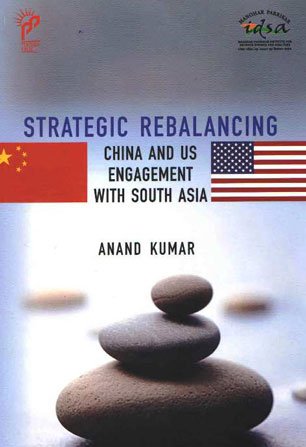Communist Party of Nepal-Maoist: Rebels to Rulers
The Communist Party of Nepal-Maoist (CPN-M), a former rebel group, emerged as the largest political party with 220 seats in the April 10 Constituent Assembly (CA) elections. Mainstream political parties like the Nepali Congress (NC) and CPN-UML secured the second and third positions with 110 and 103 seats, respectively. For the first time, a newly formed regional political party, Madhesi Janatantrik (Democratic) Forum has secured fourth position in the elections.
- Nihar R. Nayak
- May 14, 2008
















